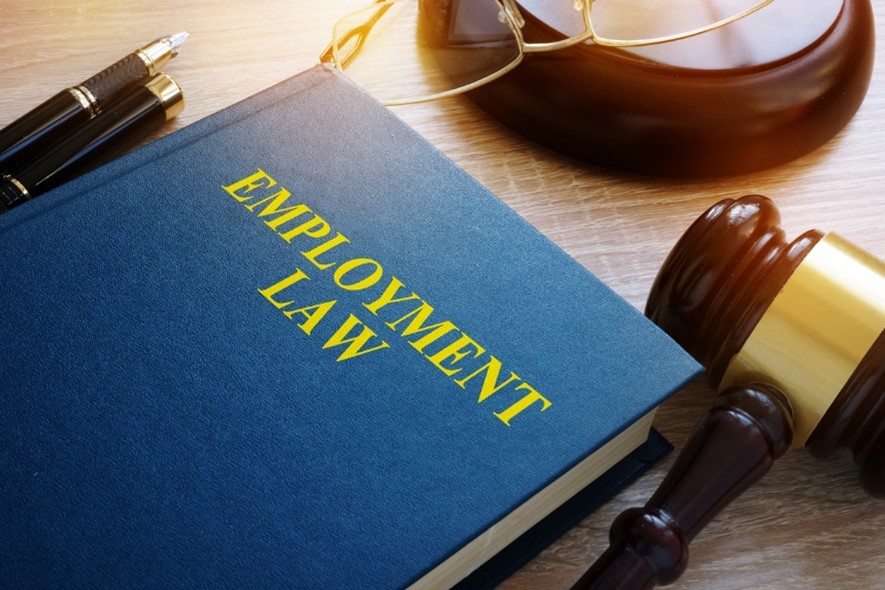As a company director, you are responsible for ensuring the company operates in compliance with the law. There are several legal obligations that you must fulfil as a director to ensure compliance with relevant laws and regulations, and understanding these legal obligations is essential to avoid personal liability, fines, and legal action.
As a leading provider of company formation services, we have worked closely with many directors, guiding them through everything they need to ensure complete compliance. So, today we are giving an insight into the legal obligations you could have as a director and what you need to do to ensure compliance.
Legal Duties of a Company Director
A company director has several legal duties that they must fulfil to ensure that the company operates lawfully and in the best interests of its stakeholders. Failure to fulfil these legal duties can result in personal liability, fines, legal action, and damage to the reputation of the company and its directors. Therefore, you must take your legal duties as a company director seriously; here are some examples of these legal duties and what they entail.
Duty of Care
The duty of care for a company director is a legal obligation that requires a director to act in the company’s and its stakeholders’ best interests. For example, it requires directors to exercise reasonable care, skill, and diligence in performing their duties, as well as avoid conflicts of interest and maintain confidentiality. The duty of care is a legal obligation, and directors can be held personally liable for losses or damages incurred by the company if they breach their duty of care.

Duty of Loyalty
The director’s duty of loyalty is similar to their duty of care. This is because it also refers to acting in good faith and honesty, avoiding conflicts of interest and protecting company information.
The duty of loyalty is a critical responsibility of directors as it helps to ensure that they act with integrity, honesty, and transparency in their dealings with the company and its stakeholders. Failure to fulfil the duty of loyalty can result in legal and financial consequences for the director and the company.
Duty to Act in Good Faith
The duty to act in good faith is a fundamental principle for all company directors. It is similar to the duty of care and duty of loyalty in the sense that it requires directors to act honestly, with integrity and in the company’s best interests rather than for personal gain or the benefit of a third party.
Practically, the duty to act in good faith means a director should promote the company’s success, exercise their powers for positive purposes, and consider the interests of all stakeholders, employees, and customers.
Compliance With Law
Our direct COSEC services cover many legal obligations a director must comply with, including filling out the appropriate standard forms, resolutions, and returns and filing them with the Registrar of Companies. This means that we can ensure you are compliant with some areas of your business while you focus on others; let’s look at what you should focus on to ensure compliance.

Company Law
Company law terms can be confusing, but a company director must comply with the relevant laws and regulations, so navigating the right routes is crucial. To do this, they must familiarise themselves with the legal requirements that apply to their company, which may involve seeking professional advice or attending training programs.
Additionally, directors should ensure the company maintains accurate and up-to-date financial records, minutes or meetings, and other statutory documents. Here at Company Registrations Online, outsourcing this work through our COSEC services saves you time and guarantees your company complies with the legal requirements.
Employment Law
Compliance with employment law is essential for avoiding legal matters and maintaining a positive relationship with your employees. The first thing to do to guarantee you remain compliant is to develop clear policies and procedures that outline your expectations for employee behaviour, workplace safety, and equal employment opportunities. These should be communicated to all employees and made readily available.
In addition, regular training for managers and employees on employment law and workplace safety can help prevent legal issues and ensure a safe and healthy work environment. Keeping accurate records of this compliance is also a crucial factor to consider. This will help to ensure that your company can provide the necessary documentation in case of legal issues.

Environmental Law
Environmental law is a broad term that refers to a body of laws and regulations designed to protect the environment and promote sustainability. There are several ways to ensure compliance with this, for example:
- Understanding environmental laws. This includes identifying the relevant laws and regulations that govern the company’s operations and activities.
- Develop a compliance plan. Once the applicable laws are identified, the company director should develop a compliance plan that outlines the steps the company will take to comply with the environmental laws.
- Assign responsibility. The company director should assign responsibility for environmental compliance to specific individuals or teams within the organisation. These individuals should be trained on the applicable laws and the company’s compliance plan.
- Monitor compliance. This can include conducting regular audits and assessments of the company’s environmental practices.
How Can I Ensure I Comply?
As mentioned, it is your responsibility to ensure you comply with the relevant laws and duties, but we are here to help if you require assistance. Our services for directors pass on the responsibility to ourselves so you can focus on other areas of your business and worry less about if you are complying.
Please get in touch if you think we can help or to find out more about our services for company directors.






